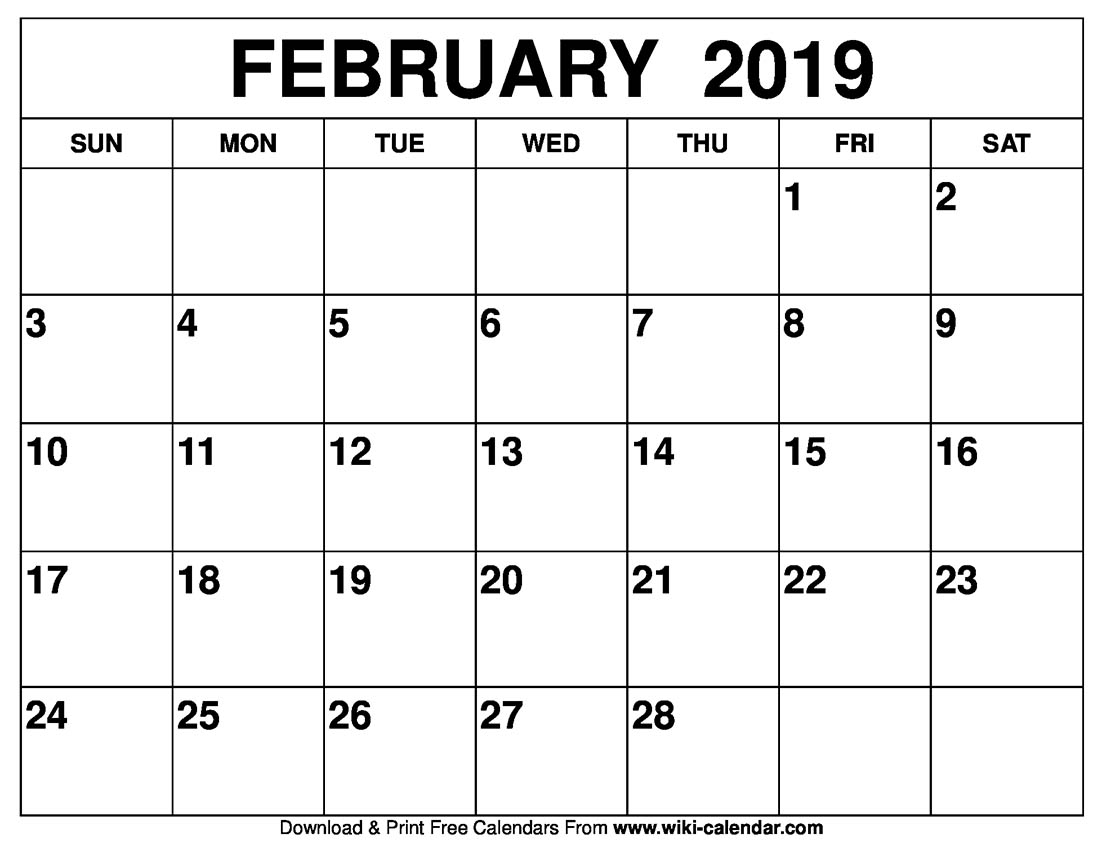
Though it's never been quite as popular as Google Chrome, Opera is a solid browser for anyone who wants a more feature-rich (and arguably private) web surfing experience.
Opera is relatively fast, and it receives handy new updates at a regular pace. However, in terms of aesthetics, it hasn't evolved all that much as of late.
For better or worse, that's changing today. Starting now, Opera will be rolling out version 59 of the browser, codenamed "R3" (Reborn 3), to developers. This update's primary feature is a tweaked user interface, which focuses heavily on minimalism (without compromising on functionality or stripping features).

Active browser tabs now stand out much more, while other tabs fade into the background until you select them. Additionally, accessing useful tools like EasySetup and Snapshot is easier than ever - the former, for example, has been moved from Opera's start page to the browser's toolbar.
Opera's formerly Android-exclusive Crypto Wallet feature will also be making its way to desktops with R3, though you'll still need the Android app to complete the initial pairing.
Although R3's current release is technically intended for developers, there's nothing stopping you from downloading it for yourself. If you'd prefer to wait for a more polished version of R3, it should be launching as a true browser update sometime in March.
https://www.techspot.com/news/78783-opera-reborn-3-update-brings-refreshed-ui-photography.html


